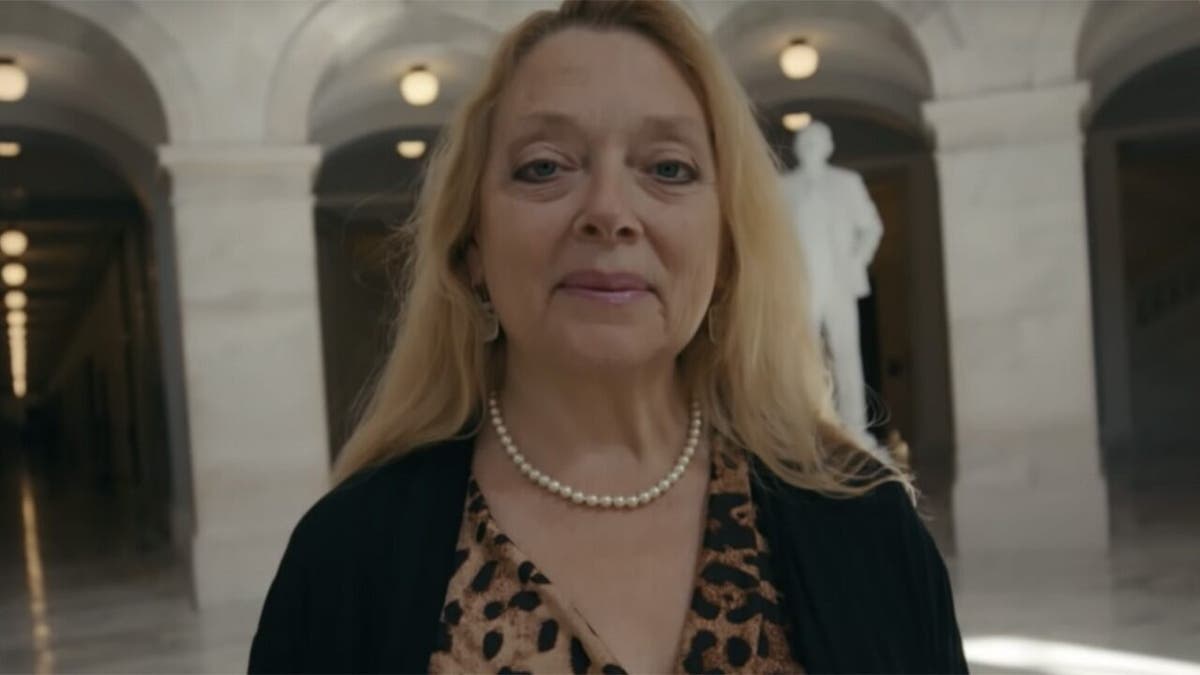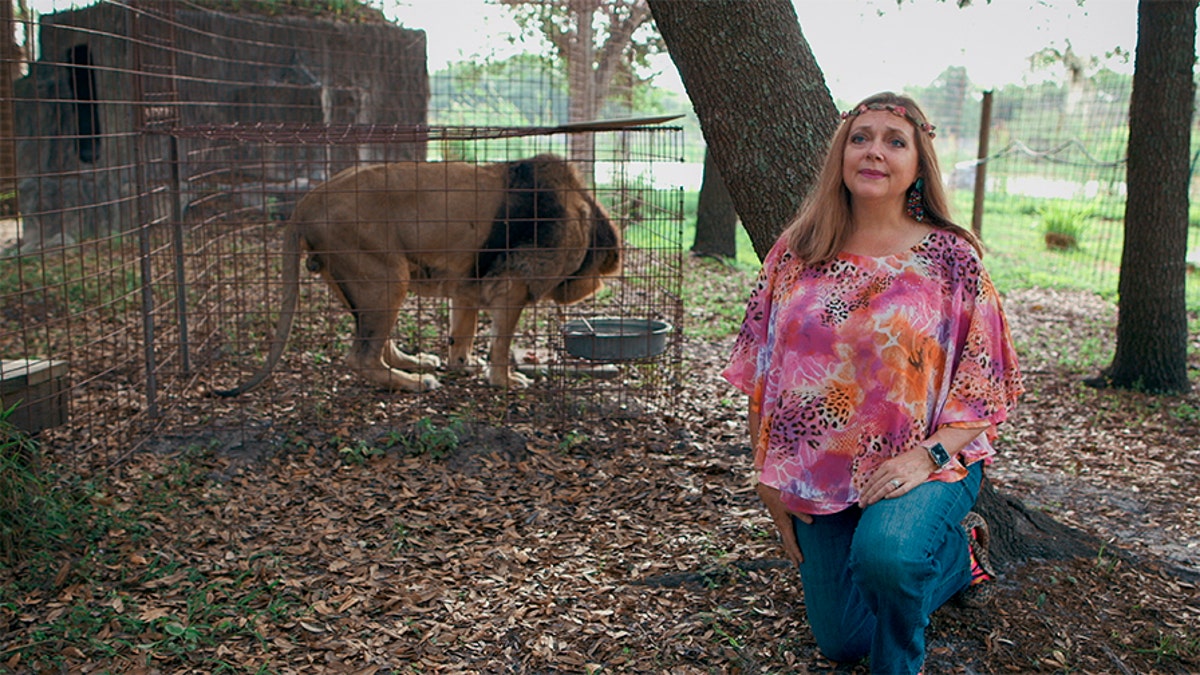Carole Baskin takes on Netflix over inclusion in 'Tiger King' sequel
Attorneys Joe Cammarata and Robert Patillo weigh in on the legal battle over the documentary on 'Fox News @ Night'
Washington is one step closer to outlawing big cat ownership in the U.S. after the House of Representatives passed the Big Cat Public Safety Act, a piece of legislation championed by "Tiger King" star and animal rights activist Carole Baskin.
The legislation, which was dubbed the "Tiger King" bill after the viral Netflix show of the same name, was first passed by the House in December 2020 with a 272-114 vote.
When the Senate, which is currently in recess, returns in September, the bill will be considered. It has bipartisan support.
"This bill revises requirements governing the trade of big cats (i.e., species of lion, tiger, leopard, cheetah, jaguar, or cougar or any hybrid of such species)," the bill summary reads. "Specifically, it revises restrictions on the possession and exhibition of big cats, including to restrict direct contact between the public and big cats."

Carole Baskin competed on ABC's "Dancing With The Stars" in 2020. (Frank Ockenfels /ABC via Getty Images)
Baskin has spent years pushing to outlaw "cub petting" — the practice of adopting and raising exotic cats as pets.
There is currently no federal law prohibiting the ownership of exotic big cats.
'TIGER KING' STAR JOE EXOTIC RESENTENCED TO 21 YEARS IN PRISON

Baskin has spent years pushing to outlaw "cub petting," the practice of adopting and raising exotic cats as pets. (Netflix)
Exotic animals, including big cats, often experience adverse effects from domestication. Additionally, amateur exotic pet owners are often woefully unequipped to care for the animals.
Baskin is optimistic about the positive effects of the bill if passed.
'TIGER KING' STAR JOE EXOTIC PLEADS FOR PUBLIC'S HELP IN PAYING OFF NEMESIS CAROLE BASKIN
"That is probably the only silver lining to ‘Tiger King,’" Baskin told Fox 13 News. "What it did was it made people aware of this problem."

Carole Baskin, founder and CEO of Big Cat Rescue (Netflix )
"What I would say to anybody who thinks that they want to own a lion or a tiger or any kind of exotic cat as a pet, it's not the glamorous thing that you see on social media," Baskin explained. "They grow up like that, and they become apex predators who want to kill you in just a matter of a couple of years."
CLICK HERE TO GET THE FOX NEWS APP
Big cats, when raised in a domestic environment, can also lose instincts and life skills necessary for them to survive in the wild. Because of this, they often cannot be released after being taken from owners.















































